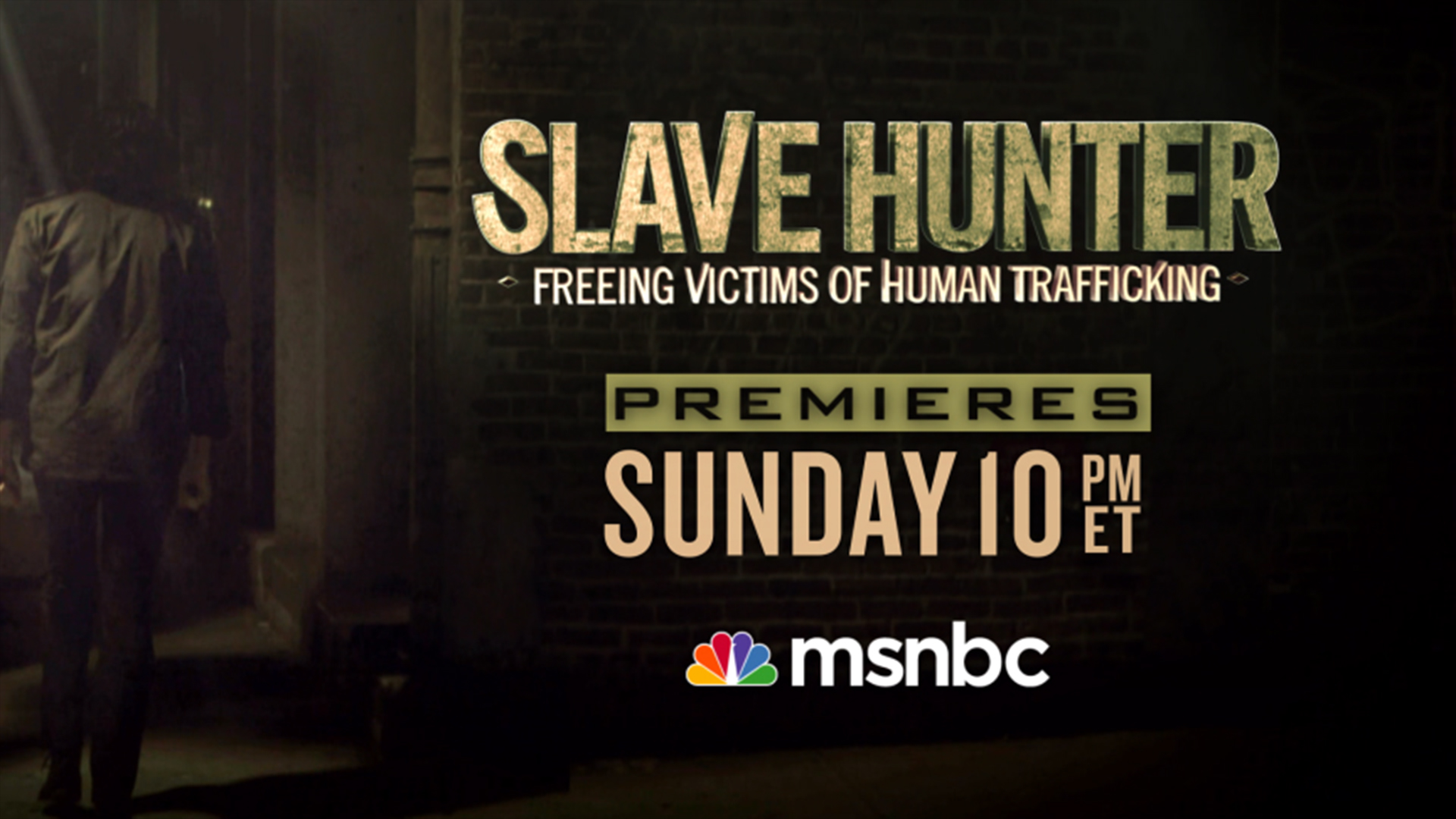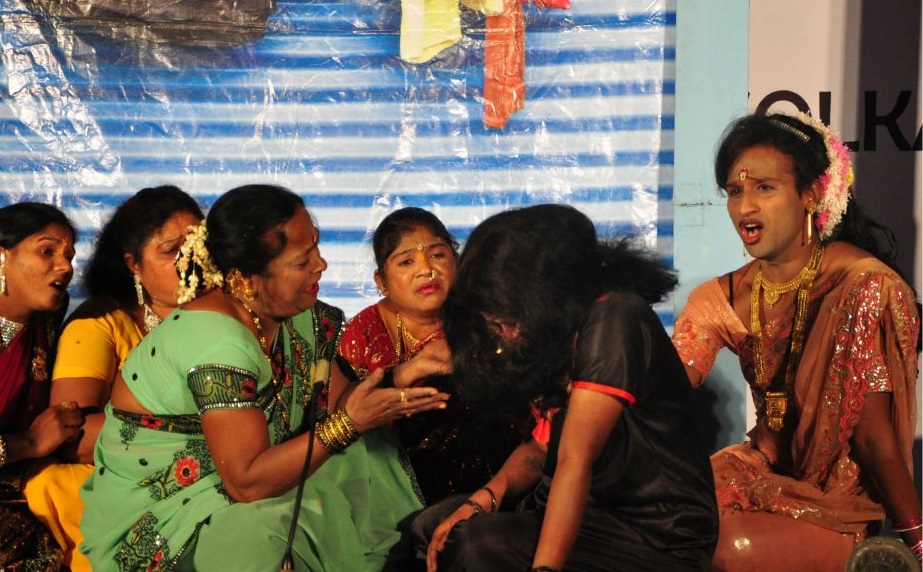In 2011, I had the privilege of speaking on a local television program, Face to Face with John Ralston in Las Vegas. At the time, I worked on a national research initiative called the Commercial Sexual Exploitation of Children (CSEC), a federally funded project. The US Department of Justice (DOJ) created CSEC in an effort to… Continue reading Slave Hunter and Cultural Boners
Category: Trafficking
“Dragged Off By The Hair”: An Indian Sex Worker Recalls a Raid
Sitting in a warm room in Phnom Penh with several other women from the Asia Pacific region, Kamalabai Pani, a sex worker and a board member of Veshya Anyay Mukti Parishad (VAMP, Prostitutes’ Collective Against Injustice) in India, became visibly upset when discussion turned to the efforts of U.S.-led feminist groups to discredit several United… Continue reading “Dragged Off By The Hair”: An Indian Sex Worker Recalls a Raid
What’s Trafficking Got To Do With It: The Media and the Cleveland Kidnappings
Last week in Cleveland, Gina DeJesus, Michelle Knight, and Amanda Berry escaped from Ariel Castro’s “house of horrors” where he imprisoned the women in a nightmare of rape and torture for almost a decade. Castro has been arraigned on four charges of kidnapping and three charges of rape. The courageous women escaped with the help… Continue reading What’s Trafficking Got To Do With It: The Media and the Cleveland Kidnappings
The Worst New Year’s Resolution
On Dec. 20 the Senate passed Senate Resolution 439: “A resolution expressing the sense of the Senate that Village Voice Media Holdings, LLC should eliminate the ‘adult entertainment’ section of the classified advertising website Backpage.com.” I am clearly weeks late responding to this. This happened in the flurry of holidays, travel, and the Sandy Hook… Continue reading The Worst New Year’s Resolution
Quote of the Week
Contrary to the sensationalistic rhetoric of “modern day slavery” and “sex slavery,” the actual practice of sex trafficking–where one person exercises power and control over another person to exploit that person sexually for financial gain–usually looks more like domestic violence than chattel slavery (or what most people imagine chattel slavery are like). We should not… Continue reading Quote of the Week

